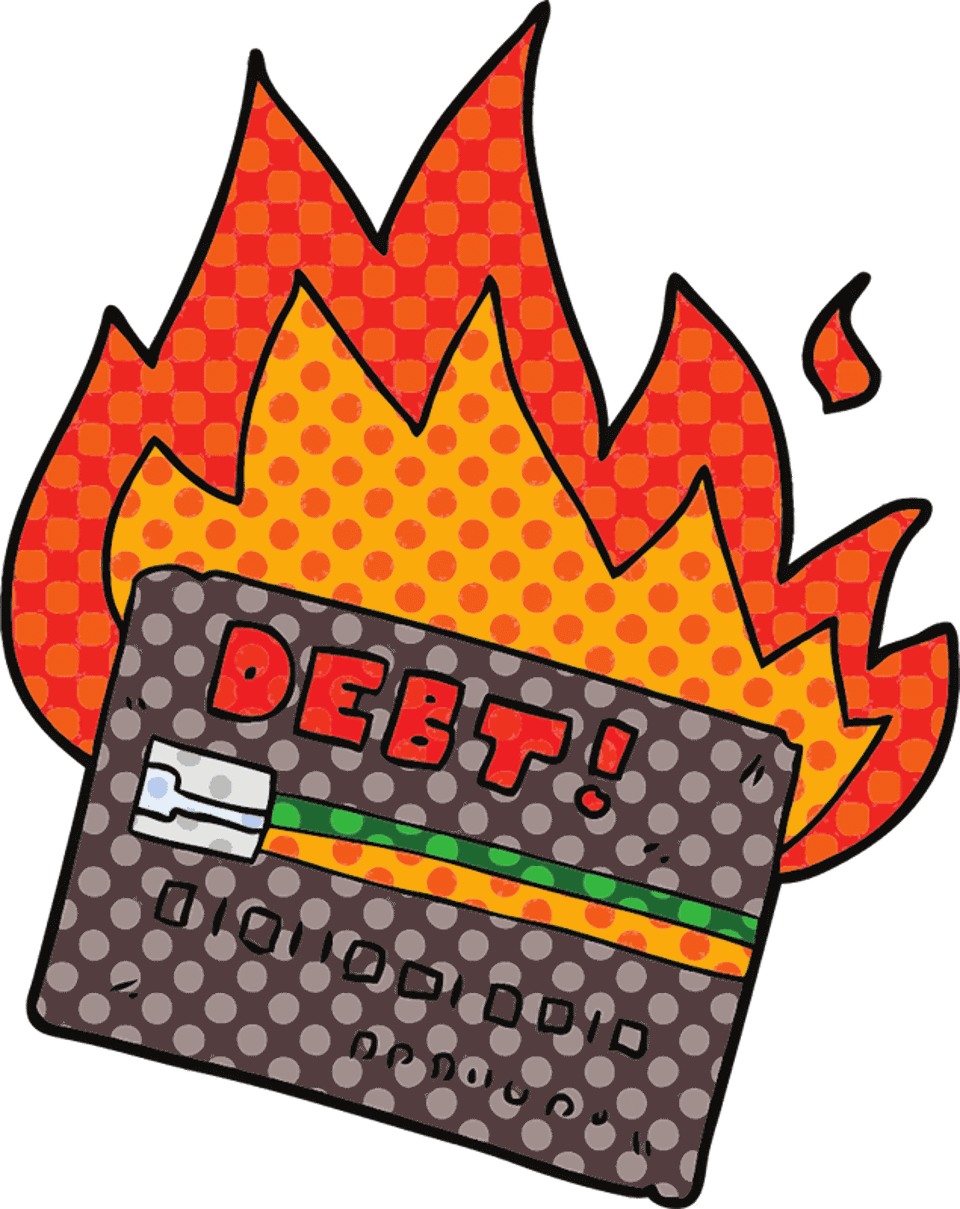Garnishment is an alarming prospect for families and individuals struggling to make ends meet. When facing considerable debt and harassing creditors, the threat of wage garnishment compounds the stress of financial hardship. When delinquent debts are not paid, creditors will request intervention from the court system to pay back the debt.
Types of garnishment proceedings
Wage garnishment is a legal procedure wherein a judge orders an employer to withhold money from an indebted individual's paycheck to pay back a creditor. Once the court orders a Writ of Garnishment the debtor loses control over a portion of his or her earnings which are used to pay back a creditor. After a garnishment has been served the employer has 15 days to start the payments. Often an employer will notify the employee a garnishment has been served.
In a bank account garnishment, a creditor has the right to take non-exempt money in a debtor's account and apply the funds to the delinquent debt balance. The creditor can request a court order to freeze the debtor's bank account until exempt and non-exempt funds are separated. Depending on how long the separation process takes, the debtor could be without access to the funds in the account for days or weeks. Generally a bank account garnishment is only used if the debtor is not gainfully employed.
Garnishment protections
The Consumer Credit Protection Act (CCPA) protects individuals from garnishments that are overly burdensome by limiting the amount of money that can be withheld from disposable income. However, the calculation for disposable income is the amount of income left over after taxes and Social Security are subtracted. Any deductions not required by law, such as health insurance or voluntary retirement contributions, are not included in the calculation.
Under CCPA the maximum weekly garnishment amount cannot exceed either 25 percent of the employee's disposable earnings or the amount by which those earnings are greater than 30 times the federal minimum wage. For instance, an employee who works less than 30 hours per week making minimum wage cannot have their wages garnished. The CCPA also protects an employee from termination simply because their wages were garnished for one debt.
Financial options
In Louisiana, open accounts agreements, such as the agreements between credit card companies and the card holder, have a three year statute of limitations in order for the creditor to attempt payment collection. Once a garnishment is initiated by a court order it will usually continue until stopped by another court order or the debt is paid in full.
Garnishment can have serious financial consequences. In addition to the negative impact it has on a person's credit rating, disposable income is decreased and basic living expenses need to be recalculated. Garnishment is a last resort for creditors and they will make several collection attempts before then. If you are receiving collection notices or calls from creditors there are options available to you. You do not have to face financial hardship alone.







